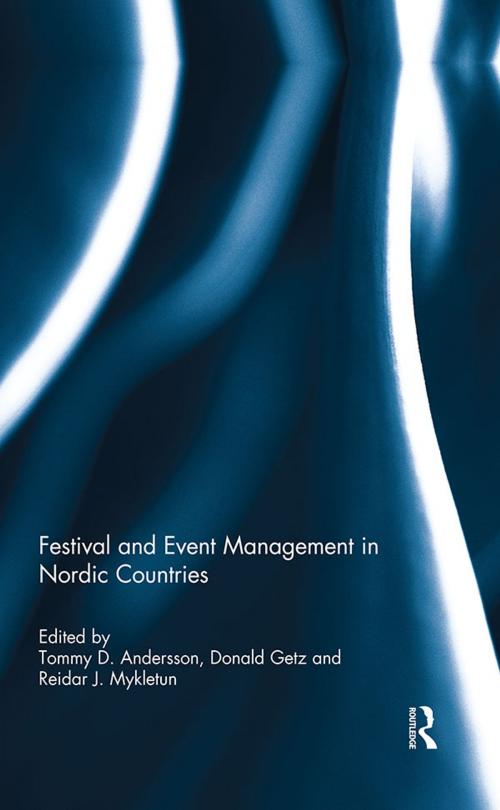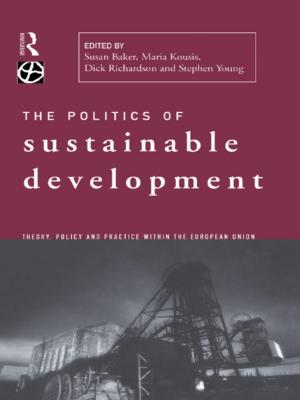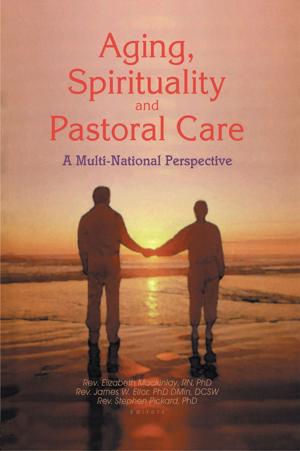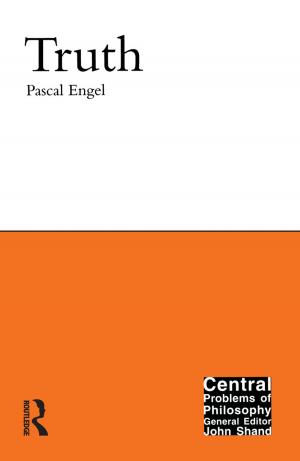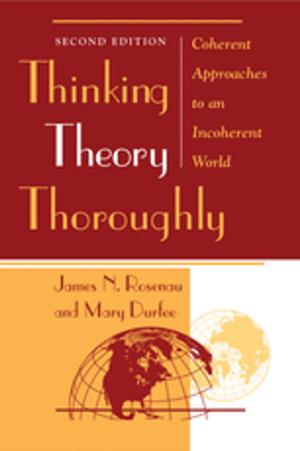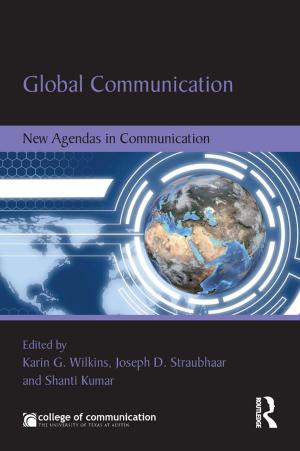Festival and Event Management in Nordic Countries
Business & Finance, Industries & Professions, Hospitality, Tourism & Travel, Nonfiction, Social & Cultural Studies, Social Science, Human Geography| Author: | ISBN: | 9781317977896 | |
| Publisher: | Taylor and Francis | Publication: | June 11, 2014 |
| Imprint: | Routledge | Language: | English |
| Author: | |
| ISBN: | 9781317977896 |
| Publisher: | Taylor and Francis |
| Publication: | June 11, 2014 |
| Imprint: | Routledge |
| Language: | English |
This book on events-related research marks a watershed in the development of a "Nordic School" of festival and event research. Each of the chapters presents a new and interesting approach to the study of events, in terms of methods, perspectives or content. It is mostly rooted in management theory but also incorporating other perspectives that enhance our understanding of the phenomena. Implications for real-world applications in tourism, hospitality, and community development are also at the fore.
The scholarship is comprehensive, not focused on only tourism or economic aspects. Management theory, including stakeholder management, social networks, and institutionalization processes is being applied. Attention is being given to the multiple roles festivals and events play in society, and to evaluation of their worth and impacts. Innovative methods are being developed to examine event experiences, innovation processes, and success factors.
There is now a critical mass of scholars in the Nordic countries that share a strong interest in event studies, and they are engaged in collaborative research, making it an appealing and innovative region for other event students and researchers to visit. It can be expected that the Nordic school will take an increasingly important place in the development of event studies, which is now truly global in terms of scholarship and university degree programs.
This book was originally published as a special issue of Scandinavian Journal of Hospitality and Tourism.
This book on events-related research marks a watershed in the development of a "Nordic School" of festival and event research. Each of the chapters presents a new and interesting approach to the study of events, in terms of methods, perspectives or content. It is mostly rooted in management theory but also incorporating other perspectives that enhance our understanding of the phenomena. Implications for real-world applications in tourism, hospitality, and community development are also at the fore.
The scholarship is comprehensive, not focused on only tourism or economic aspects. Management theory, including stakeholder management, social networks, and institutionalization processes is being applied. Attention is being given to the multiple roles festivals and events play in society, and to evaluation of their worth and impacts. Innovative methods are being developed to examine event experiences, innovation processes, and success factors.
There is now a critical mass of scholars in the Nordic countries that share a strong interest in event studies, and they are engaged in collaborative research, making it an appealing and innovative region for other event students and researchers to visit. It can be expected that the Nordic school will take an increasingly important place in the development of event studies, which is now truly global in terms of scholarship and university degree programs.
This book was originally published as a special issue of Scandinavian Journal of Hospitality and Tourism.
